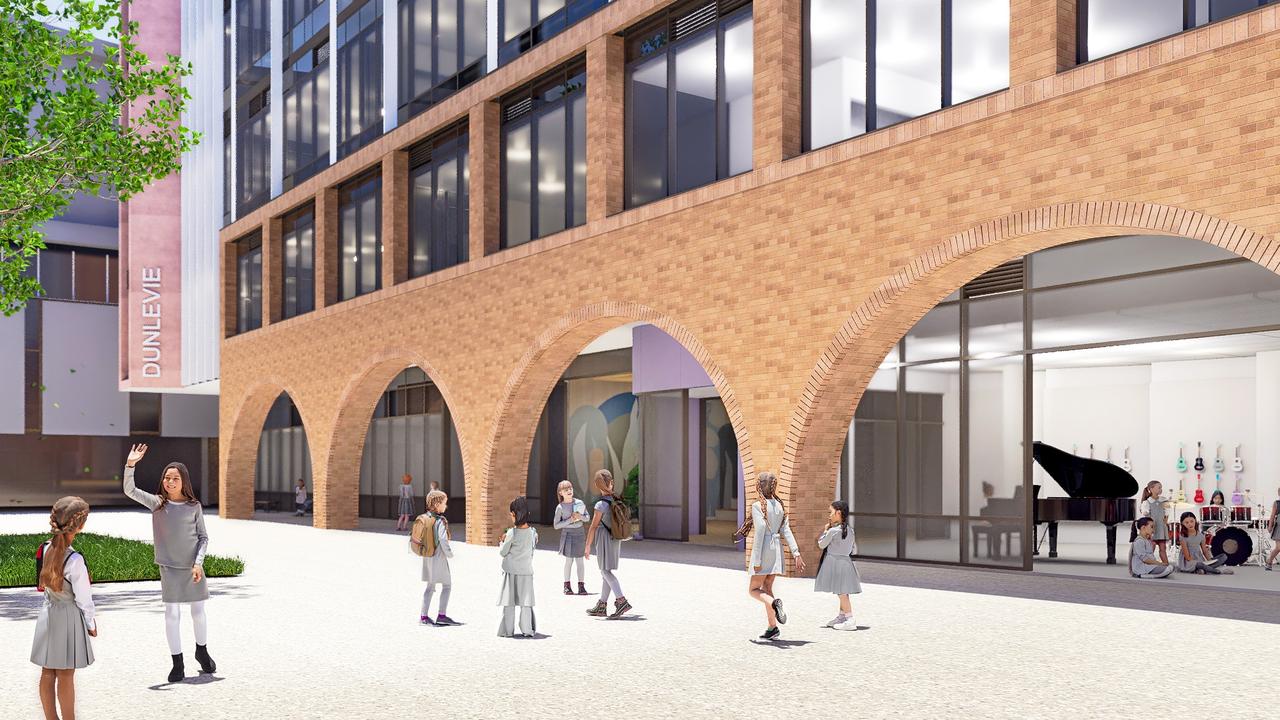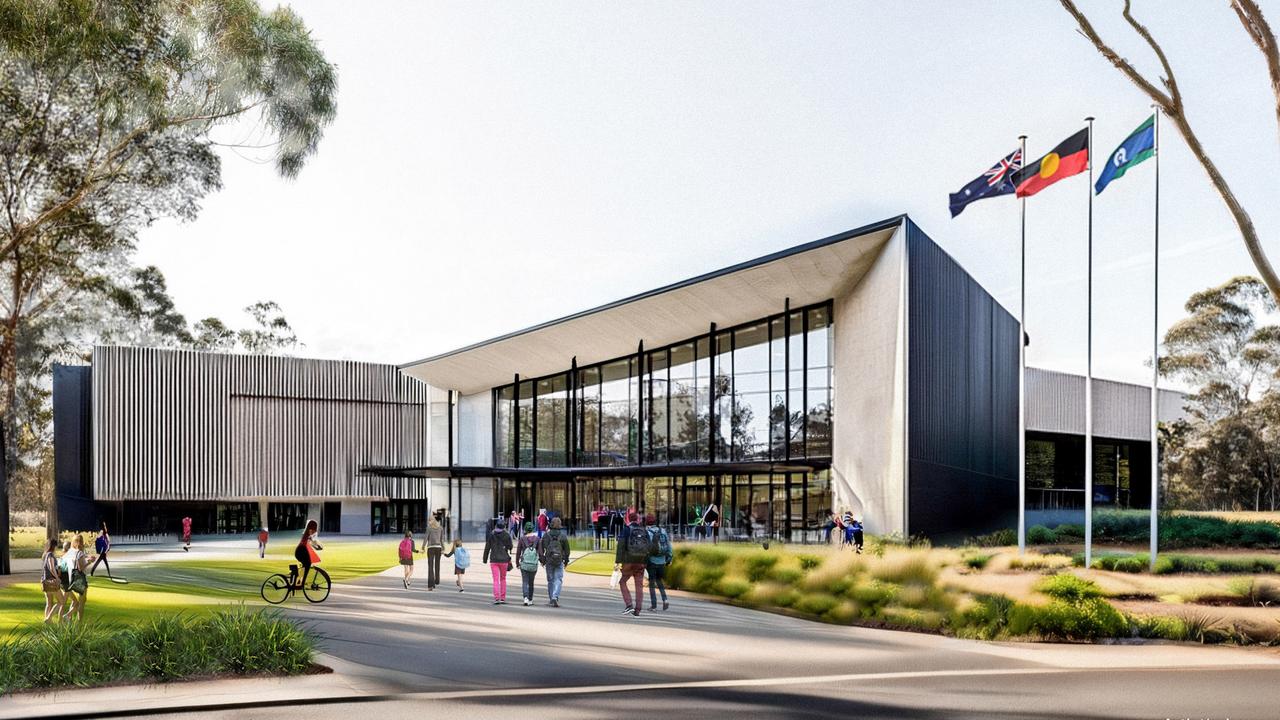NAPLAN results 2024: See who made the list of top 20 SA private schools
The literacy and numeracy test scores are now out for every South Australian school in 2024. See which private schools made the top 20.
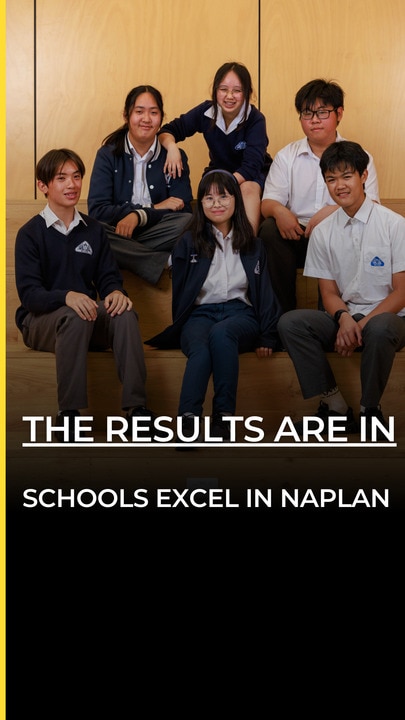
Schools Hub
Don't miss out on the headlines from Schools Hub. Followed categories will be added to My News.
- How top NAPLAN schools rose and fell
- SA schools bursting at the seams
- SA’s 20 most influential principals
Smaller private schools have achieved top NAPLAN results despite charging a fraction of the fees to attend some elite South Australian campuses in 2024.
Analysis of average year 9 results from the top 20 private colleges in the state revealed Southern Montessori School was first on the list of high achieving private schools but charged $6800 for year 12, compared with six others with fees of more than $30,000.
Pembroke School charged the highest fee of $31,251 and ranked seventh among private schools.
Much of the top 20 included schools charging more than $20,000 including Seymour College, Walford Anglican School for Girls and Wilderness School.
Schools which broke the top 20 but charged less than $10,000 for year 12 also included Heritage College ($6,027), Emmaus Christian College ($7590) and Mount Torrens Christian School ($6,026).
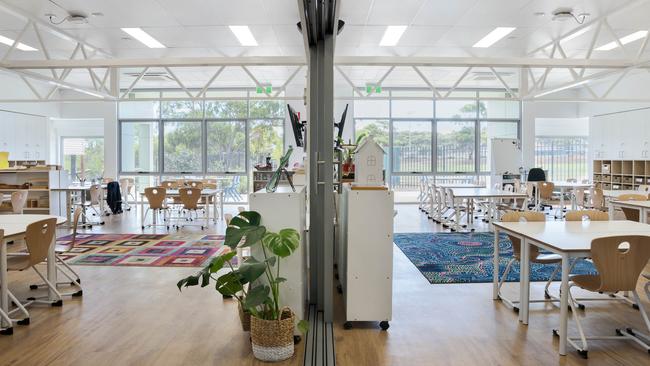
St Joseph’s School in Clare, which ranked 19th on the list, charged the lowest fees of the group ($3300) but only runs classes to year 9.
It comes as country public schools with small enrolments have beaten high-fee city private schools in the testing results.
Analysis of year 5 and year 9 literacy and numeracy skills at every South Australian school in 2024 has revealed some big movers and ongoing success for prominent campuses.
Kimba Area School rocketed up the rankings from 94th place last year to 14th, based on the average scores achieved by its year 9 students.
SEE HOW LAST YEAR’S TOP SCHOOLS PERFORMED
The public school placed one spot ahead of all-boys Prince Alfred College, which charges $28,950 for year 9 tuition.
Jamestown Community School, with 235 students, rose from 53rd place last year to 20th among year 9s.
And tiny Rapid Bay Primary School, with 36 pupils, ranked 20th for year 5 results. That was above Mercedes College, which charges $13,980 for year 5 tuition.
Southern Montessori School, which charges $6800 tuition per year, was the state’s highest performing secondary school. It knocked public Glenunga International High School out of top spot.
Dara School for gifted students, which charges $7040 annual tuition, topped the list of primary campuses, leapfrogging St Andrew’s School.
There were four government sites in the top 10 primary schools but only one among the top 10 secondary schools.
Students sat tests in reading, writing, spelling, grammar and numeracy in March.
Analysis of average results in each subject showed:
THE highest average subject score was achieved by year 9 students at Southern Montessori School (658).
PRINCE Alfred College year 9s recorded the highest average maths score (641).
KIMBA Area School ranked 10th in the state for year 9 reading and Jamestown Community School ranked 10th for year 9 grammar.
DARA School year 5 students far outscored their peers in reading, achieving an average score of 641.
Overall, average year 9 scores were lowest in spelling.
NAPLAN tests were all conducted online and adapted to offer students different questions depending on how they were answering.
Education Minister Blair Boyer said the results confirmed “there is still a link between levels of disadvantage and academic results”.
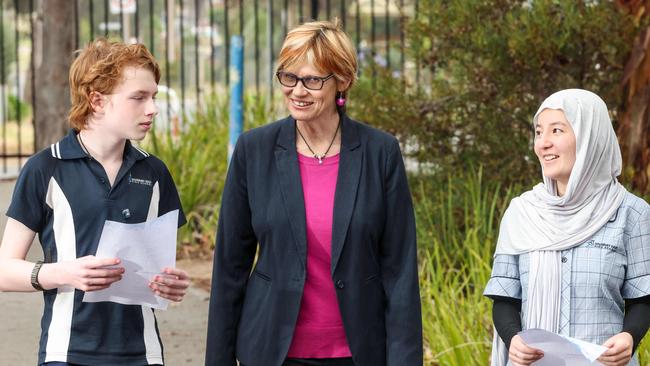
“NAPLAN results have remained fairly consistent year on year with some promising trends starting to emerge from our numeracy focus,” he said.
From 2026 Year 1 students will undertake a numeracy check in a bid to improve mathematics outcomes.
This follows a trial this year among 7000 students which found more than 60 per cent were “mathematically vulnerable”, Mr Boyer said.
In 2018 the government rolled out a phonics check for all Year 1 students to similarly address literacy skills.
Opposition education spokesman, and former education minister, John Gardner said the phonics results had been improving every year but had plateaued in 2024.
“We’ve still got plenty of room for further improvement,” he said.
“These results should spur the government to ensure our schools focus on getting the basics right as a strong foundation for academic achievement across the whole curriculum.”
Salisbury East High – Top of the class
Students at Salisbury East High School consistently outperformed peers in areas with a similar socio-economic background in the 2024 NAPLAN tests.
The school’s year 9 students outperformed those with a similar background in reading and spelling.
Among the group were students Fatimah and Caellum, who improved their scores compared to the last time they took the test in 2022.
Fatimah, 14, said the NAPLAN tests were “just like regular classes”.
“Back then (in year 7) I wasn’t the smartest kid but over the years I’ve learned a lot,” the teen said.
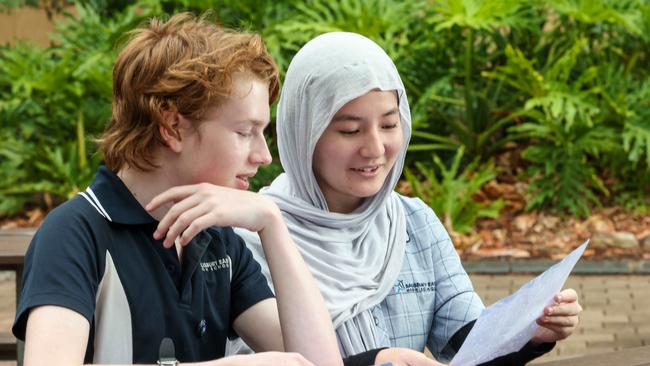
One of her areas of improvement was maths. Since year 7 she has participated in the STEM Olympics with Salisbury East, in which other northern suburbs schools face off in numeracy and science related challenges.
“If you have a good teacher you’re encouraged to do well,” Fatimah said.
Caellum said the difference between his year 7 and year 9 results was that he has been “getting more motivation to go that extra mile”.
“When I don’t know the answers I get stressed but I didn’t feel that,” the 15-year-old said.
“It’s been general improvement across the board and spelling comes naturally to me.”
Caellum is also part of the school’s robotics team which qualified for the national championships in Sydney this year.
Salisbury East High School principal Kristen Masters said there had been “very solid progress in this group of students that aligns with other measurements”.
“Overall our results do vary year-to-year, but given the complex nature of our student group and wider community, even small improvements are significant,” Ms Masters said.
Ms Masters partly credited the positive results at the school to its ability to retain staff.
“The stability of the staff and collaborative culture lends itself to improved results,” she said.
Salisbury East also engaged a numeracy consultant to “fill in any gaps students might arrive with” in year 7.
Maths co-ordinator at the school Matthew Scherwitzel said staff “target misconceptions with number” in years 7 and 8 to develop a strong foundation in the subject.
“A misconception could be in their understanding of place value (for example) and a misconception is a massive roadblock,” Mr Scherwitzel said.



